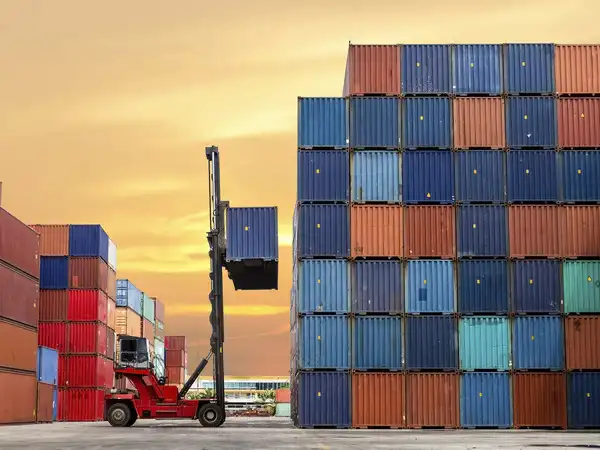
The Mauritius Freeport Operators Association (MFOA) has urged the government to ease stringent regulations governing freeport activities to attract more foreign and domestic investors. The call comes amidst growing concerns that the island nation’s position as a competitive logistics and trade hub is at risk due to restrictive policies.
The Mauritius Freeport is a critical component of the country’s economic infrastructure, serving as a duty-free logistics, warehousing, and redistribution hub for goods destined for Africa, Asia, and Europe. It contributes significantly to the nation’s GDP and provides employment for thousands of people in various sectors, including logistics, shipping, and value-added processing.
Freeport operators have identified several regulatory hurdles that are impeding the sector’s growth:
Complex Compliance Requirements: The current regulatory framework requires businesses to navigate an intricate web of compliance measures, which many investors view as cumbersome and time-consuming.
High Operational Costs: Operators face elevated costs due to duties on non-eligible goods, administrative fees, and other charges that diminish profit margins.
Limited Incentives: While other free trade zones in the region offer generous tax breaks and streamlined processes, Mauritius’ current offerings are less attractive to potential investors.
Bureaucratic Delays: Lengthy approval processes for permits and certifications further discourage investment and hamper business efficiency.
The MFOA has outlined a series of recommendations aimed at revitalizing the freeport sector and enhancing its global competitiveness. Key proposals include:
Simplification of Regulations: Streamlining compliance measures to make it easier for businesses to establish and operate within the freeport.
Enhanced Tax Incentives: Offering more competitive tax benefits, including extended tax holidays and reduced corporate tax rates for freeport-based companies.
Modernization of Infrastructure: Investing in state-of-the-art logistics and warehousing facilities to accommodate the growing needs of international trade.
Digitalization of Processes: Implementing digital platforms to expedite permit approvals, customs clearances, and other administrative tasks.
Targeted Marketing Campaigns: Promoting the Mauritius Freeport as a premier logistics and trade hub through international trade fairs and strategic partnerships.
In response to the MFOA’s appeal, the Ministry of Industrial Development, SMEs, and Cooperatives has acknowledged the need for reforms. A spokesperson for the ministry stated, We are committed to reviewing existing regulations and ensuring that the Mauritius Freeport remains an attractive destination for global trade and investment.
Mauritius faces stiff competition from regional free trade zones, such as those in Dubai, Singapore, and South Africa, which offer more investor-friendly environments. To maintain its edge, Mauritius must address the concerns raised by the MFOA while leveraging its strategic location and robust legal framework.
Economists and trade experts have emphasized the importance of aligning the Mauritius Freeport’s policies with global best practices. Dr. Rajiv Boodhoo, an international trade analyst, noted, Reforms are essential to ensure the Freeport’s relevance in a rapidly changing global economy. A balance must be struck between regulatory oversight and investor appeal.
The MFOA’s call for reforms highlights the urgent need to adapt to a competitive global trade landscape. By implementing these changes, Mauritius has the potential to attract significant investment, boost trade volumes, and solidify its position as a leading logistics hub in the Indian Ocean region.
Stakeholders are hopeful that collaborative efforts between the government and private sector will pave the way for a more dynamic and investor-friendly freeport ecosystem.

